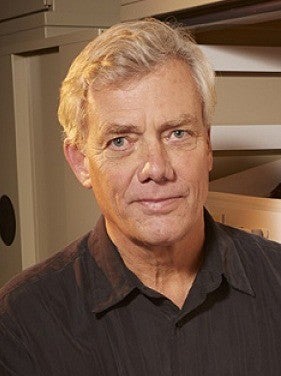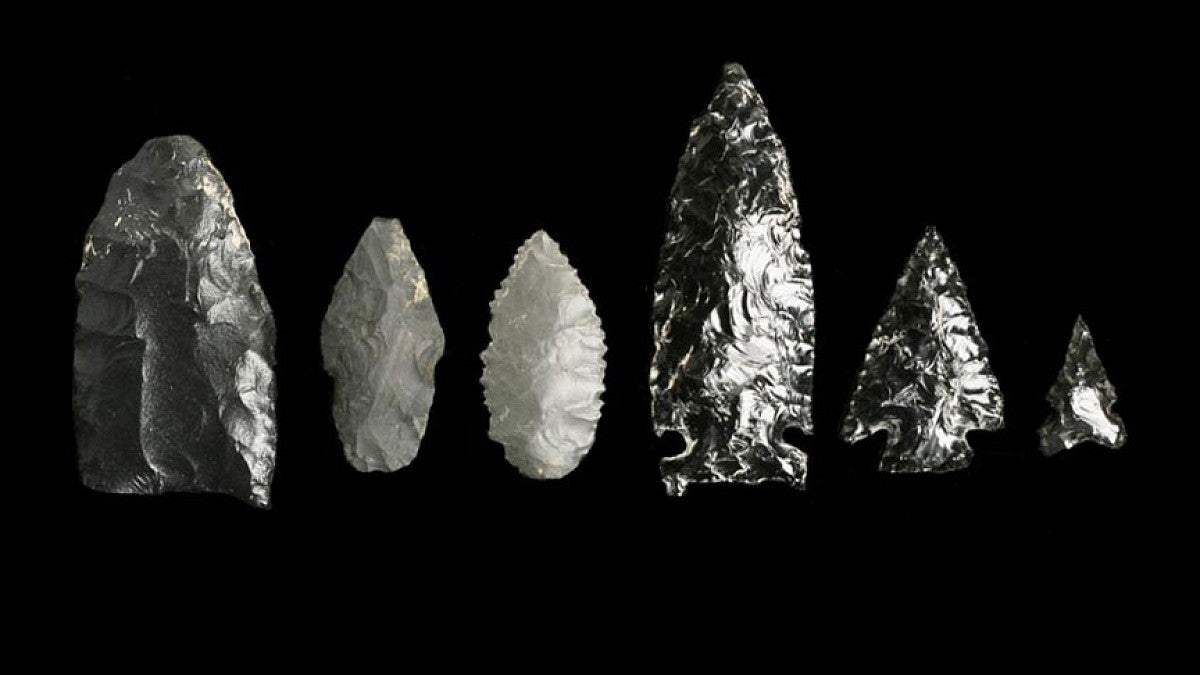University of Oregon anthropologists Jon Erlandson and Jason Younker recently heeded a call from Oregon Gov. Kate Brown to help develop state guidelines for the management of Native American artifacts.
Native American people have thousands of years of history in Oregon, which today is home to nine federally recognized tribes. But the state has never had a clear protocol for information sharing or collective decision-making about Native American items housed by state entities.

After being tapped to serve as the task force representative for higher education, Erlandson, executive director of the Museum of Natural and Cultural History, teamed with Younker, assistant vice president and advisor to the president on sovereignty and government-to-government relations, to help guide the effort. A cultural anthropologist and associate professor of anthropology, Younker is an enrolled member of the Coquille Indian Tribe.
Erlandson, Younker and the rest of the task force first convened in January and have since held monthly meetings around the state. By early next year, the task force will summarize its findings and recommendations and submit these to the governor along with a timeline and proposed next steps.
“The Tribes and the state share an interest in determining the provenance, the appropriate custodian, and the appropriate storage or display of such items,” the executive order states. “Oregon’s Tribes deserve an established process to determine best practices for gathering information about these types of cultural items associated with Oregon Tribes, and for determining the most appropriate ‘next steps’ for establishing workable strategies and plans for discussion regarding these cultural items and/or return of the items to associated Oregon Tribes.”

“The UO has had a wonderful relationship with the nine tribes and looks forward to working with them to help identify, locate and determine the next steps in appropriate curation of their cultural items,” Younker said. “It has been a pleasure watching the governor’s office, state agencies and tribal representatives come together for a shared cause, one that will begin a process of healing, all in the spirit of partnership and collective good will.”
Erlandson said that thanks to the governor’s strong support, the task force will be able to produce the first comprehensive inventory of Native American cultural items in state possession.
“It will help Oregon tribes and state entities better preserve and protect Oregon’s cultural heritage and further expand the collaboration between Oregon’s tribes, the museum and the University of Oregon,” he said.
Since January, Younker and Erlandson have helped the task force develop consensus definitions for what constitutes cultural items, and the two drafted a questionnaire that will go to Oregon university and community college presidents.
It’s not the first time Erlandson and Younker have worked together. As a graduate student in the UO anthropology department, Younker studied with Erlandson before completing his doctorate in 2003. The two also collaborated on the award-winning Southwest Oregon Research Project, which returned more than 100,000 pages of archival materials from East Coast repositories to the UO Libraries and Oregon’s tribes.
“I am honored to serve with Jason and other tribal representatives on the task force,” Erlandson said. “It’s a critically important step toward fostering greater transparency and tribal access to Native American cultural resources in Oregon.”
—By Kristin Strommer, Museum of Natural and Cultural History


